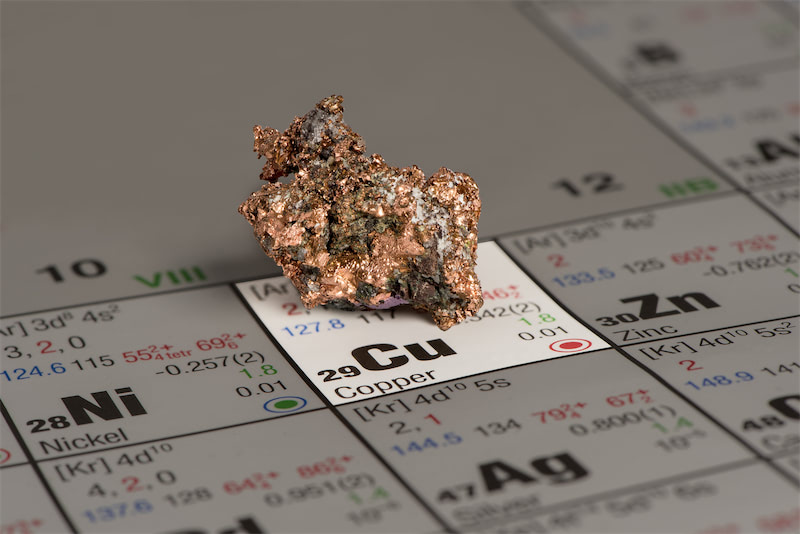On September 8, 2025, the most-traded SHFE tin SN2510 contract rebounded slightly in the afternoon session, closing at 270,700 yuan/mt with a 0.57% daily decline. During the night session, the contract opened slightly higher but then plunged sharply, settling at 269,750 yuan/mt, down 0.92% from the previous trading day.
From a macro perspective, market sentiment turned cautious. Although the US August non-farm payrolls data fell far short of expectations with only 22,000 new jobs added and the unemployment rate rising to 4.3%, which significantly boosted market expectations for a September interest rate cut by the US Fed. However, former President Trump announced plans to "soon" impose tariffs on semiconductor imports, though mentioning exemptions for companies committed to increasing US investments. This move still sparked concerns about the stability of the global semiconductor industry chain. The semiconductor sector is a key area for tin consumption, and the trade policy uncertainty dampened market risk appetite. Additionally, the rebound in the US dollar index also pressured dollar-denominated commodity prices.
In overseas markets, LME tin futures showed relative resilience. LME tin rose $225 to $34,470/mt, up 0.66%. The strength in LME tin was linked to persistently low overseas inventories and fluctuating US dollar movements, but its positive impact on domestic SHFE tin remained limited.
Overall, the decline in SHFE tin on September 8 was primarily driven by weak domestic spot demand, downstream buyers' reluctance to purchase at high prices, and macro-level trade policy uncertainties. Although supply-side factors like ore supply tightness and smelter maintenance provided support, they failed to offset the negative impact of weak demand. In the short term, barring any major positive macro developments, tin prices may continue in the doldrums. Market focus will shift to whether Myanmar's September import data can exceed expectations and recover, as well as the order fulfillment intensity during the traditional September-October peak season.

![The Most-Traded SHFE Tin Contract Opened Lower and Then Traded Stronger, Spot Market Recovers Amid Downtrend [SMM Tin Midday Review]](https://imgqn.smm.cn/usercenter/WWXJU20251217171753.jpg)
![The most-traded SHFE tin contract fluctuated rangebound during the night session, with downstream enterprises mostly following up with small-lot transactions. [SMM Tin Morning Brief]](https://imgqn.smm.cn/usercenter/bYFQn20251217171752.jpg)
